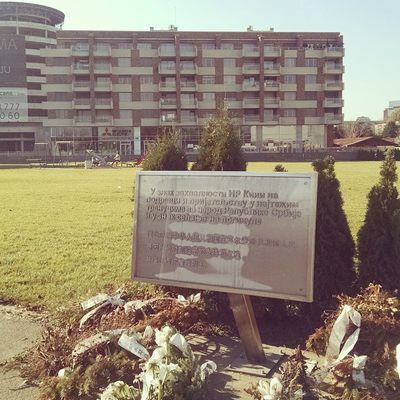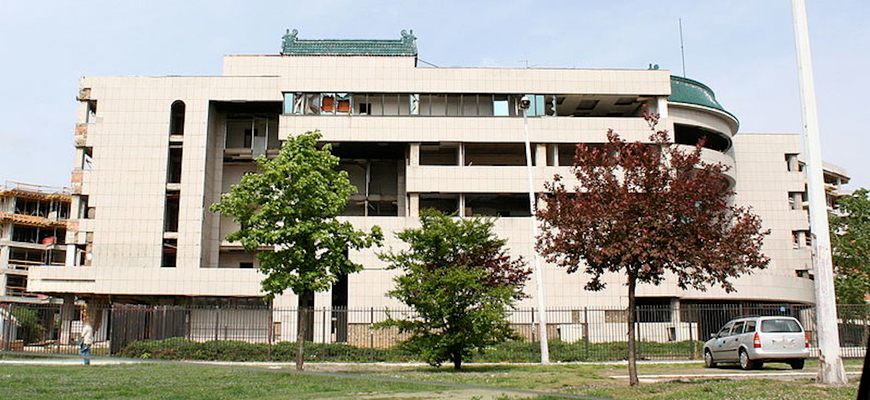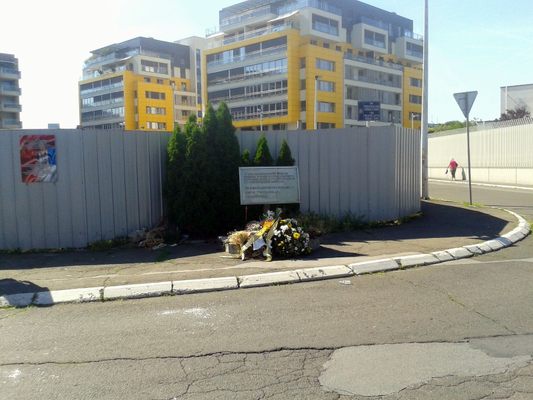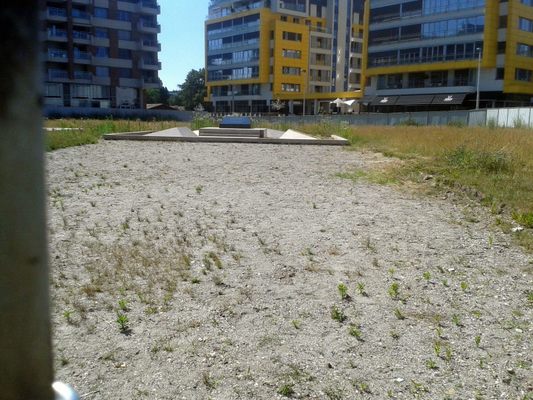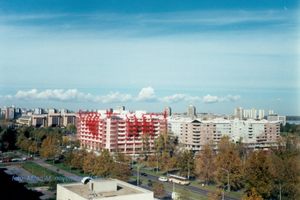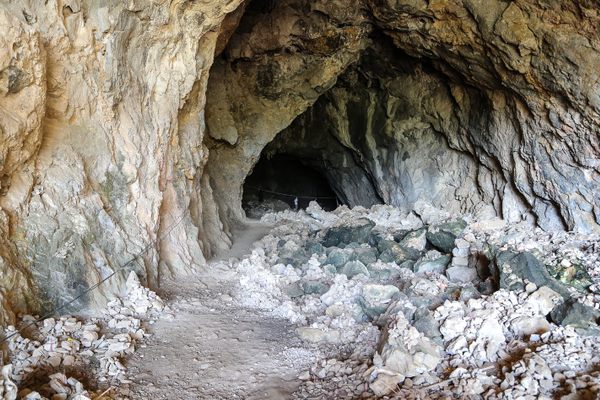About
Grave miscalculation, deliberate political countermeasure, or ruthless act of indecency? There's a plaque for that.
On May 7, 1999, five bombs carried by a pair of American B-2 stealth bombers hit the Chinese Embassy in Belgrade during an airstrike organized by the North Atlantic Treaty Organization (NATO), killing three Chinese citizens and creating a diplomatic firestorm. U.S. President Bill Clinton apologized, calling it a terrible accident, while the Chinese government denounced the attack as distinctly "barbarian."
At the time, in an atmosphere where a cook and a motor pool worker were drafted as "experts" in scouting targets for NATO's ill-received 78-day bombing campaign in the former Yugoslavia – which had been billed to the world as a mission to help prevent instability in the region from spreading – the U.S. and international officials agreed that the bombing of China's totally unrelated embassy was attributable to an error in coordinates due to sources using outdated maps.
With such a fishy, flimsy dismissal, doubts lingered about how such an egregious error could have taken place in the modern world. Some of these were validated, only later to be squelched by U.S. sources attesting that the embassy wasn't nearly so innocent as it purported, functioning as a strategic center transmitting commands to the Yugoslav army. Others have suggested the outpost was charged with retrieving intelligence on America's stealth aircraft technology after the downing of a F-117. No matter the reason, the effect was the same – three dead, 20 injured, and a gross debacle amidst NATO's mystifyingly bloody mission to save the lives of the people of Kosovo.
Regardless of the impetus, China's outrage has not settled as quickly as the dust surrounding the embassy's debris, even if Western media has chosen to selectively forget the event. To this day, the building that once housed the Chinese embassy still stands, though it is completely ruined. In tribute to the lives lost in the bombing, a plaque was installed commemorating the events of the night of May 7, 1999. A translation of the memorial reads: "In gratitude of the People Republic of China's support and friendship in the Republic of Serbia's most bitter/difficult time. As well as in memory of the fallen martyrs."
Related Tags
Balkans Road Trip: Serbia, Croatia & Bosnia and Herzegovina
Traverse the beauty and history of the Balkans through locals' stories.
Book NowCommunity Contributors
Added By
Edited By
Published
February 9, 2016
Sources
- http://www.nytimes.com/2000/04/17/world/chinese-embassy-bombing-a-wide-net-of-blame.html?pagewanted=all
- http://www.cnn.com/WORLD/asiapcf/9905/09/china.protest.03/
- http://www.theguardian.com/world/1999/oct/17/balkans
- http://en.people.cn/90001/90776/6654193.html
- https://www.rt.com/news/yugoslavia-kosovo-nato-bombing-705/
- http://historywatchuk.blogspot.com/2011/06/why-did-usa-bomb-chinese-embassy-in.html
- https://en.wikipedia.org/wiki/United_States_bombing_of_the_Chinese_embassy_in_Belgrade#Chinese_reaction
